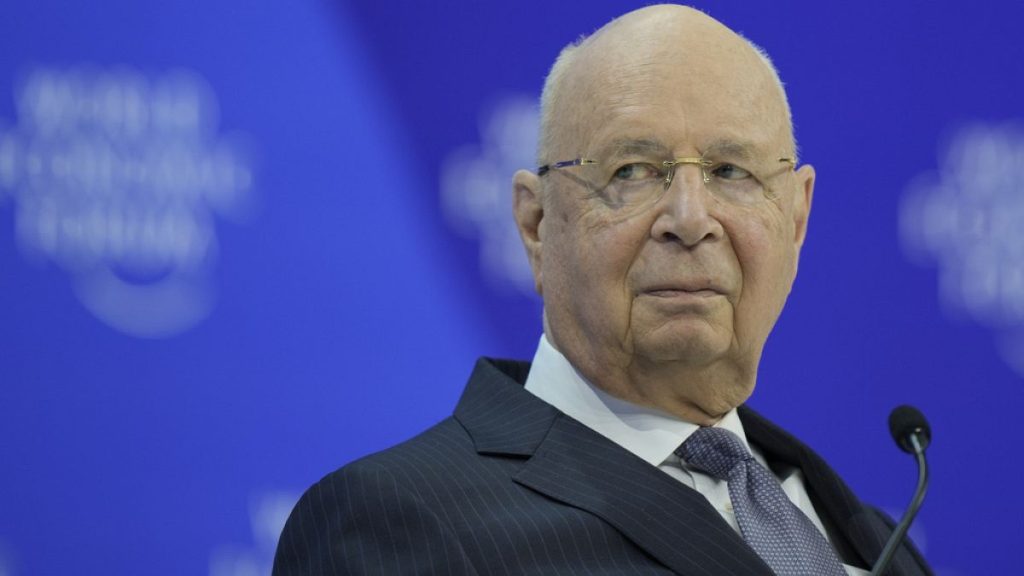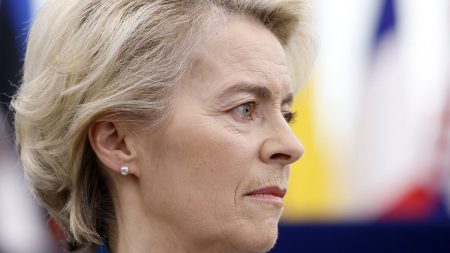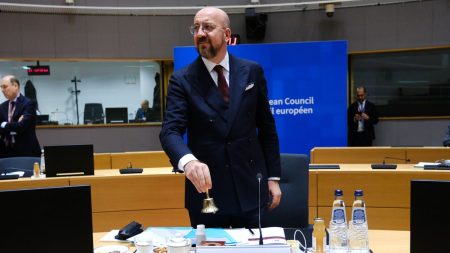Rumours circulating online claim that Klaus Schwab, the executive chairman and founder of the World Economic Forum, has been hospitalised, arrested, or even deceased. These false claims have been widely shared on social media platforms, with some linking his supposed condition to a cardiac incident after running. However, these allegations are untrue and appear to have originated from satirical articles, such as one from the website Weekly Crier. The WEF has confirmed that Schwab is in good health, dismissing the claims as “entirely baseless and unfounded”. The organization notes that high-profile individuals like Schwab are often the target of conspiracy theories and misinformation campaigns.
In addition to the false hospitalization claims, there have also been misleading allegations that the US Delta Force arrested Schwab at his home in Switzerland. An article by website Real Raw News claimed that Schwab was apprehended by a Delta Force strike team after a supposed deadly firefight at his house, where he was found connected to an adrenochrome infusion machine. Again, this appears to be an attempt at satire, as the website’s “About Us” page indicates that it contains humour, parody, and satire. Despite this, the claims have still spread on social media platforms, including X, Reddit, and Facebook. However, the WEF has not made any reference to an arrest, and reputable news outlets have not reported on the story.
The false claims about Klaus Schwab’s health and alleged arrest are part of a larger trend of spreading conspiracy theories and misinformation about high-profile individuals and organizations. The WEF has emphasized that Schwab’s health is excellent and that the rumours are baseless. The organization noted that Schwab, like many others, has been the target of conspiracy theories and misinformation campaigns in the past. It is important to critically assess information shared on social media and other platforms, especially when it comes to prominent figures like Schwab, to avoid spreading false information.
The spread of false information about Klaus Schwab’s health highlights the challenges posed by misinformation and conspiracy theories in the digital age. Satirical articles and websites that aim to entertain or provoke often lead to confusion when their content is taken out of context and shared as factual information. The case of Schwab’s supposed hospitalization and arrest demonstrates how quickly false claims can spread on social media, without proper fact-checking or verification. It is essential for individuals to be discerning consumers of information and to verify the accuracy of news before sharing it with others.
The WEF’s response to the rumours about Klaus Schwab serves as a reminder of the importance of reliable sources and fact-checking in the face of misinformation. By confirming Schwab’s good health and refuting the false claims, the organization aims to set the record straight and prevent the spread of inaccurate information. This incident also underscores the need for critical thinking and media literacy skills in navigating the vast amount of content available online. As misinformation continues to pose a threat to public discourse, individuals must be vigilant in assessing the credibility of sources and information shared on social media platforms.
In conclusion, the false claims about Klaus Schwab’s health, alleged hospitalization, and arrest serve as a cautionary tale about the dangers of misinformation and conspiracy theories on social media. Despite being debunked by the WEF and lacking credible sources, these rumours were widely circulated and caused confusion among online users. The incident underscores the importance of verifying information and being critical consumers of news in the digital age. By remaining vigilant and discerning when engaging with online content, individuals can help combat the spread of false information and uphold the integrity of public discourse.















